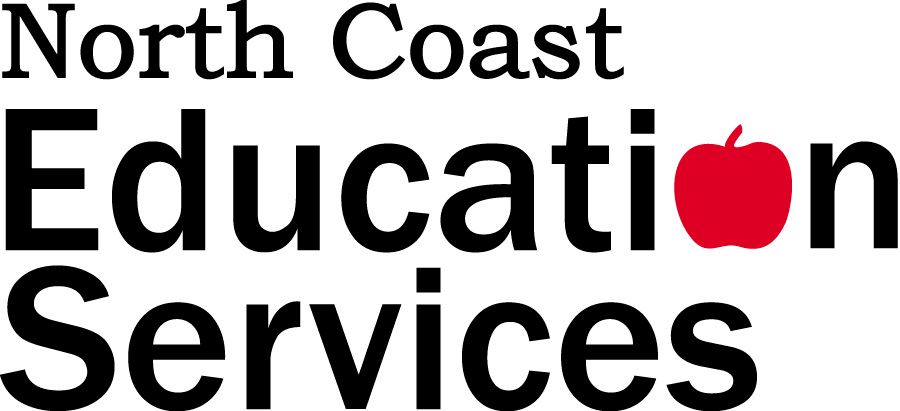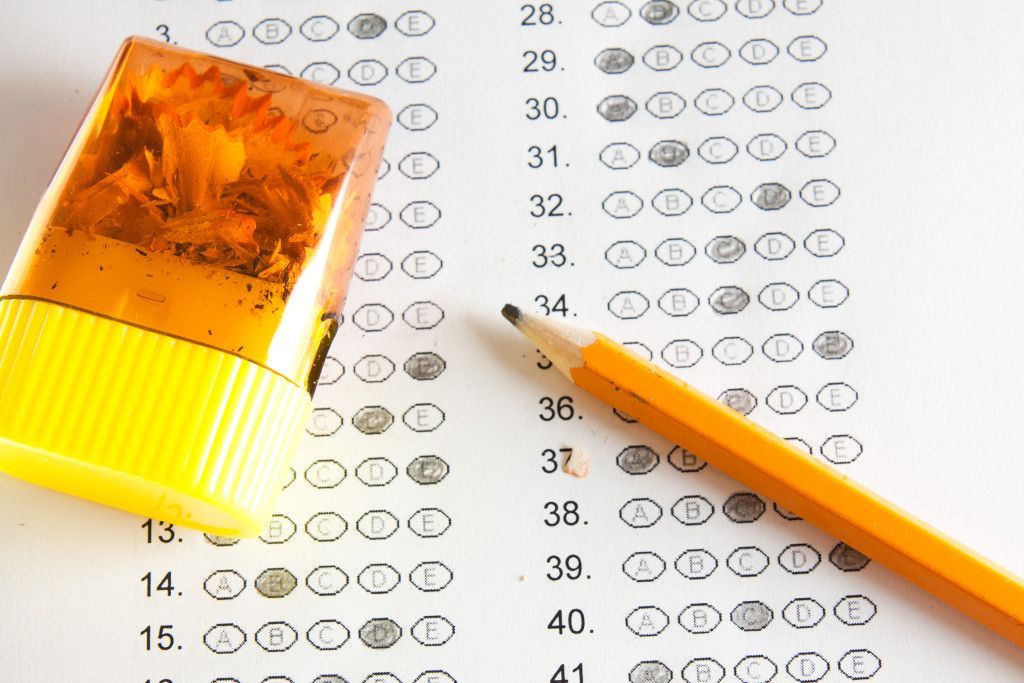TEST TAKING ANXIETY — PART TWO: RELAXATION TECHNIQUES
Welcome back to our four-part series on test taking anxiety! Be sure to check back each day for the next installment. Or, if you’d rather, subscribe to our blog on the sidebar and have the next post delivered right to your inbox. Happy reading!

In the second part of our series on test taking anxiety, we are going to focus on relaxation techniques. For someone experiencing test taking anxiety, it is equally important to practice how to relax as well as the material. As an actress, the audition process has always intimidated me. I would try to prepare my monologues in advance and rehearse them at home, just like the real thing. I hated to do it, but I knew that if I did not practice, I would freeze up during the audition. Time and time again, I proved my theory: if I did not take time to practice, I struggled.
Over the years, I have found some simple ways to reduce my stress – both for exams and auditions! There are many things that students can do to help reduce their test anxiety. I have compiled a few of the best techniques I have seen and used. Some of these may not work with your students, so it is best to try a “trial and error” approach and figure out what works best.
1. BREATHE.
More often than not, I found that most of my stress was all in my head. (All of these years later, this still has not changed.) Even though I excelled in math in high school, I still had butterflies in my stomach before a big exam. I would spend the whole day worrying about it and driving myself crazy. Then as the teacher passed out the exam, a lightbulb clicked and I suddenly realized, “I remember this!”
Take a few minutes and encourage breathing. After all, this exam is just one more step in the learning process and it is not worth unnecessary stress. Have your students take a few minutes before the exam to sit and just breathe. Encourage them to sit up tall and close their eyes. Instruct your students to breathe in through the nose and breathe out like they’re pushing air out of a straw. The focus should be on making the breaths deep and not rushing. Spend a solid minute simply breathing and feel the breath throughout your entire body. Make it part of your routine before any exam (or stressful situation). You can even look up breathing exercises online.
2. HYDRATE.
Water is vitally important to our bodies. Studies still show that we should be consuming at least 8 glasses of water a day. According to a study conducted by the National Institutes of Health, dehydration can result in “impair[ed] performance on tasks such as short-term memory, perceptual discrimination, arithmetic ability, visuomotor tracking, and psychomotor skills”. In other words, if your students are not properly hydrated, they may not perform at their fullest potential. 1
A simple solution is to encourage your students to always carry a water bottle. Make sure they fill them up before class so they’re not interrupting class time for a refill. Let them place their bottles on their desk so that it is always within arm’s reach. Thanks to acrylic tumblers, students no longer have to worry about condensation. (I remember my high school teachers telling us to bring a sock to put on our water bottles so they wouldn’t drip.) Also, research your students’ upcoming standardized tests to determine if they can bring water bottles to the test site. If not, encourage your students to get a drink from the fountain during the break.
3. FOCUS.
All of the studying in the world will not do your students a bit of good if they are not focused. I remember trying to read textbooks on the couch or while the TV was on. Surprise, surprise – I couldn’t remember a thing when it came to the test. Yes, I was relaxed, but I wasn’t in an environment that promoted concentration.
Sometime during my high school years, I discovered the benefits of instrumental music. I realized that if I had music playing quietly in the background, it helped me focus. By listening to the music, my mind was not wandering and it helped me concentrate on my essays and homework. To this day, I still put on instrumental music when I need to focus. (In fact, I’m listening to the David Osborne radio station on Pandora as I write this article!) Everyone has their own preferences, so research your local library and find a few CDs. Try playing instrumental music during study hall. You could even experiment with playing music during a quiz. I have always enjoyed Enya and any Celtic music. I highly recommend Pandora. If you find one song you like, you can create a whole station of related music.
4. NOURISH.
You’ve heard it before and I’m about to tell you again – breakfast is the most important meal of the day. Your body relies on that fuel to keep it awake, focused, and energized. You cannot drive a car without gas and you cannot perform well on an empty stomach – especially before an exam!
Encourage your students to eat a complete breakfast before an exam. EatingWell.com suggests that whole grains, leafy greens, and even gum can help you focus better. Cereal is a simple way to get those whole grains. (Just make sure you choose a whole-grain cereal and not a sugary kind.) Salads and other iron-packed food like beans and lean protein are a great lunch. Gum can be chewed during exams, at your discretion. You may even want to consider buying small snacks for your students to munch on before a test. Try snack bars made with granola or oatmeal. A protein bar would be great, too.2
5. PLAN.
Some students will spend only an hour preparing for an exam while others will take weeks. In some cases, it is all the student can think about until after it is done. Try alleviating some of that stress by planning a fun activity after the exam. Maybe the day after is a class movie day or a field trip. It could be an academic game or perhaps a small party. By reminding students about what is coming after the exam, they will be able to focus on more than one thing. You could even encourage them to make plans with a family member or a friend following school that day. After all, they deserve a reward for their hard work.
Be sure to come back tomorrow for the next post in the series: “Test Taking Anxiety — Part Three: Study Tips & Tricks”
Did you miss the first part of the series? Click here to read Part One: Identify & Plan.
Finish the rest of the series on Test Taking Anxiety: Part Four: Test Taking Tips
- Popkin, Barry M., Kristen E. D’Anci, and Irwin H. Rosenberg. “Water, Hydration and Health.” Nutrition Reviews. U.S. National Library of Medicine, n.d. Web. 20 Feb. 2015.
- “4 Foods to Help You Focus Better.” Eating Well. Meredith Corporation, n.d. Web. 20 Feb. 2015.







